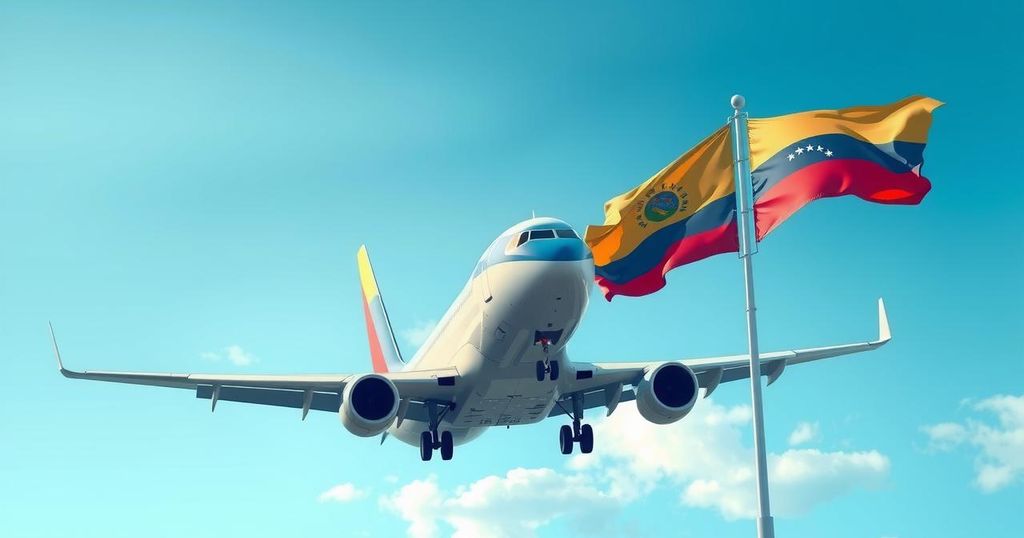Venezuela Frees 10 Americans in Major Prisoner Swap

- Venezuela releases 10 Americans in a prisoner swap.
- Exchange includes Venezuelan nationals sent to El Salvador.
- Salvadoran President confirms the swap on social media.
- State Department confirms releases of U.S. and Venezuelans.
- Months of negotiations led to the surprising exchange.
Prisoner Swap Involves 10 Americans Released by Venezuela
In a remarkable turn of events, the Venezuelan government has released 10 American detainees as part of a prisoner swap that, according to both U.S. and Salvadoran officials, also involved Venezuelans deported to El Salvador. This swap signifies a unique diplomatic negotiation that brings Americans home while facilitating Venezuela’s request for the return of its nationals. While the exact number of Venezuelans sent back to their home country remains unspecified, the shift in diplomatic relations underscores a potential thaw in tensions.
Details of Detainees and Political Implications
Salvadoran President Nayib Bukele confirmed the swap through his platform, X, emphasizing that his nation exchanged Venezuelan nationals alleged to have links with gang activity for political prisoners and the recently freed Americans. This exchange included individuals who had been wrongfully detained in Venezuela, identified by U.S. officials as permanent residents or citizens. Among those freed, key names have emerged, including Wilbert Joseph Castañeda and Lucas Hunter, marking a significant moment for their families. Bukele’s government had previously detained these Venezuelans in high-security conditions within the CECOT prison.
Emotional Reactions and Ongoing Legal Concerns
The negotiations, characterized by months of discreet discussions, caught many Venezuelan families by surprise, as reports filtered through social media about the swap. Gabriela Mora, spouse of one of the deported men, expressed relief upon hearing the news during a school event for her child, indicating the intense emotional strain families endure amid these geopolitical shifts. These exchanges reveal a complex interplay of judicial and political factors, as many of the deported Venezuelans were seeking asylum in the U.S. when they were transferred. This ongoing situation raises further questions about international human rights obligations and the treatment of detainees amid rising tensions between the nations involved.
The recent prisoner exchange between Venezuela and the U.S. reflects changing dynamics in diplomatic relations and the complexities surrounding deportees. It highlights significant emotional impacts on families of detainees and raises pressing legal questions about deportations and asylum rights. As both nations navigate these sensitive issues, continued attention will be necessary to ensure justice for all involved.




